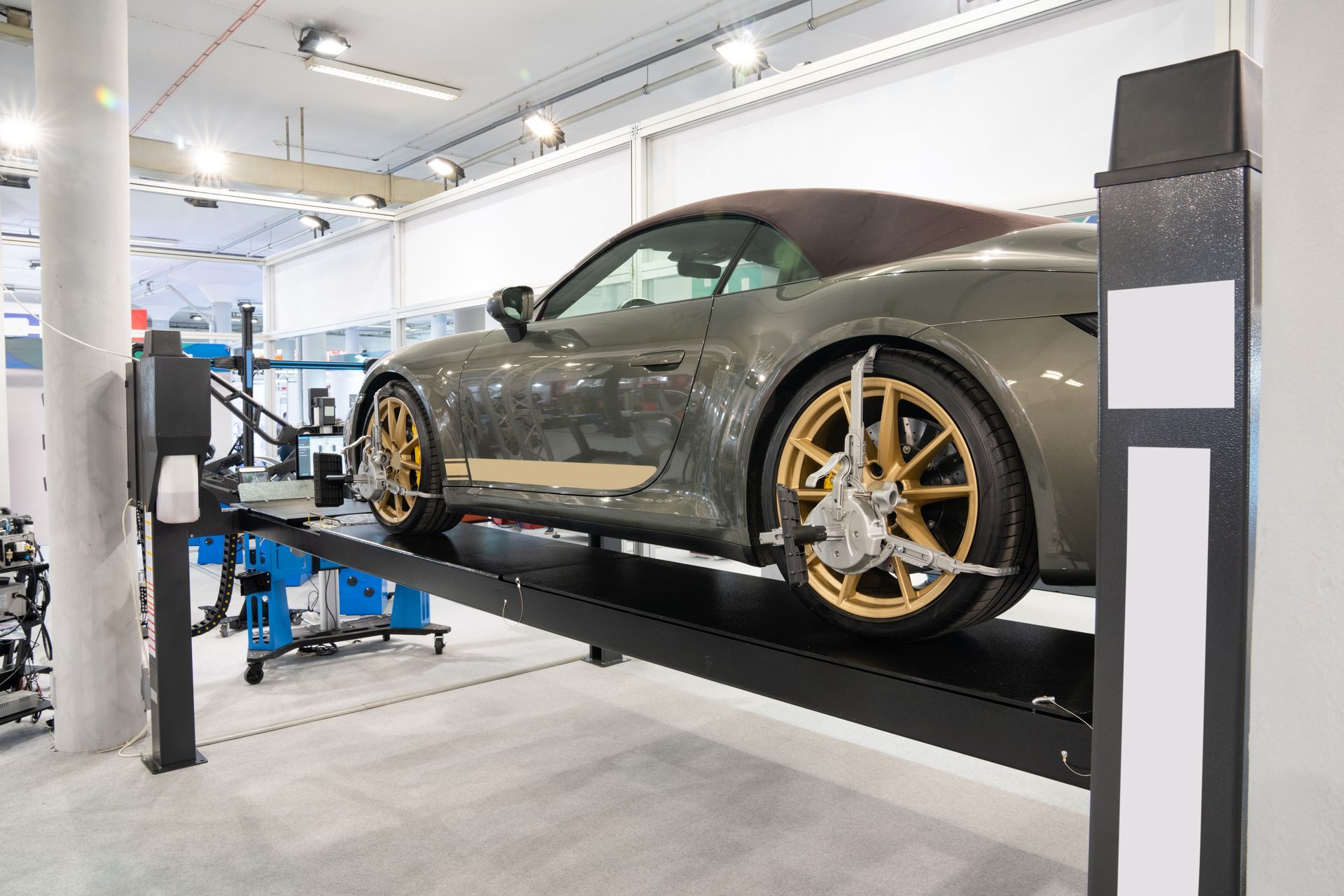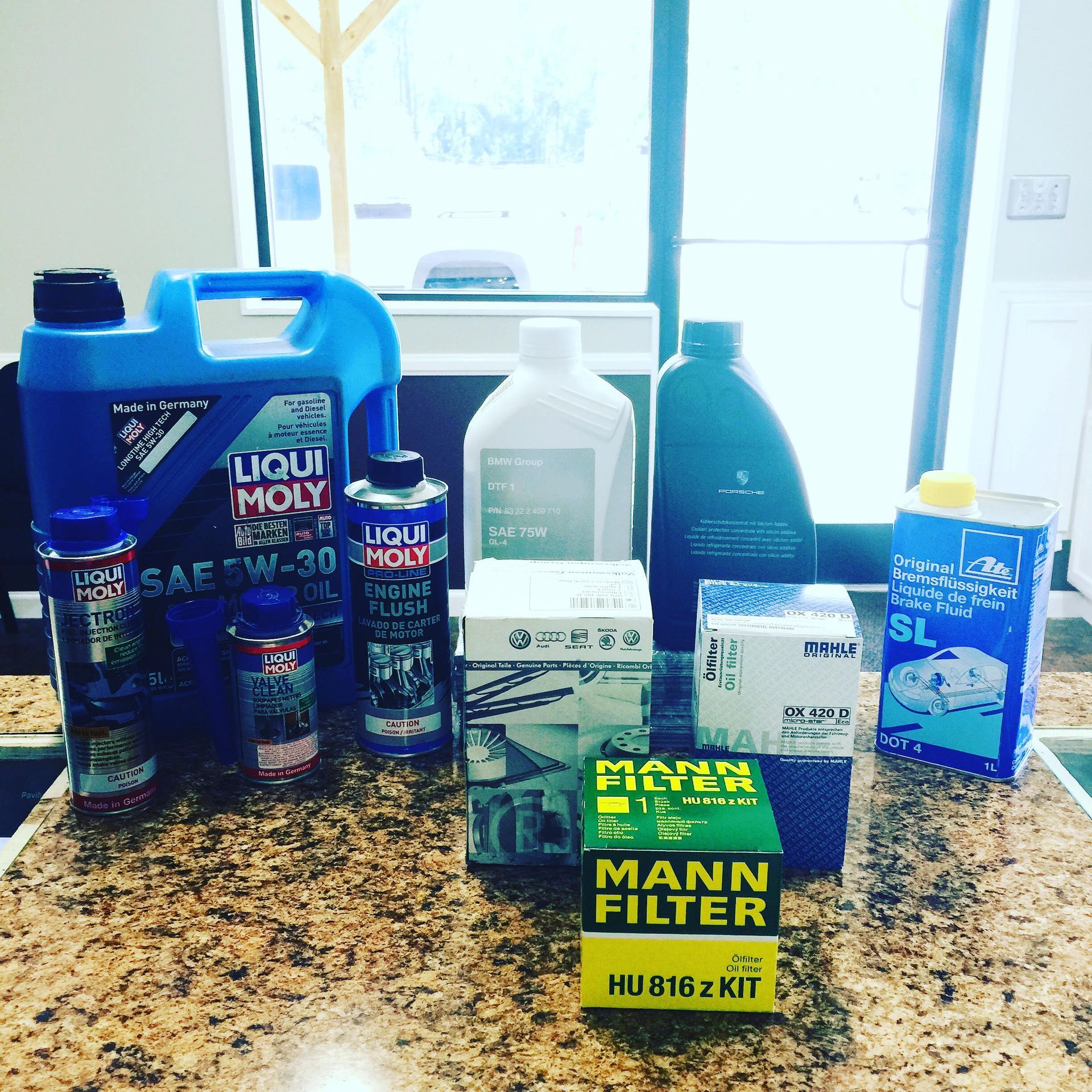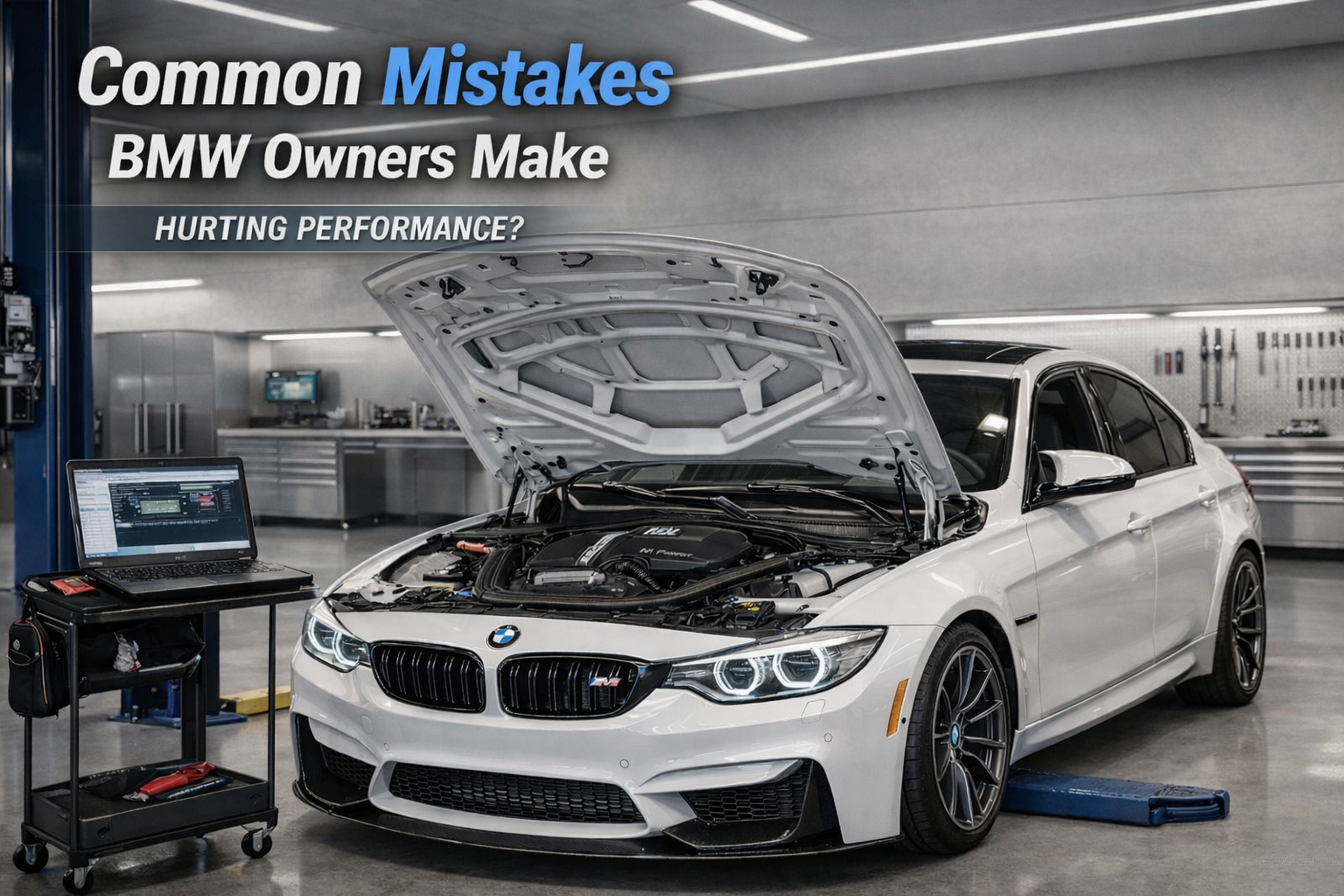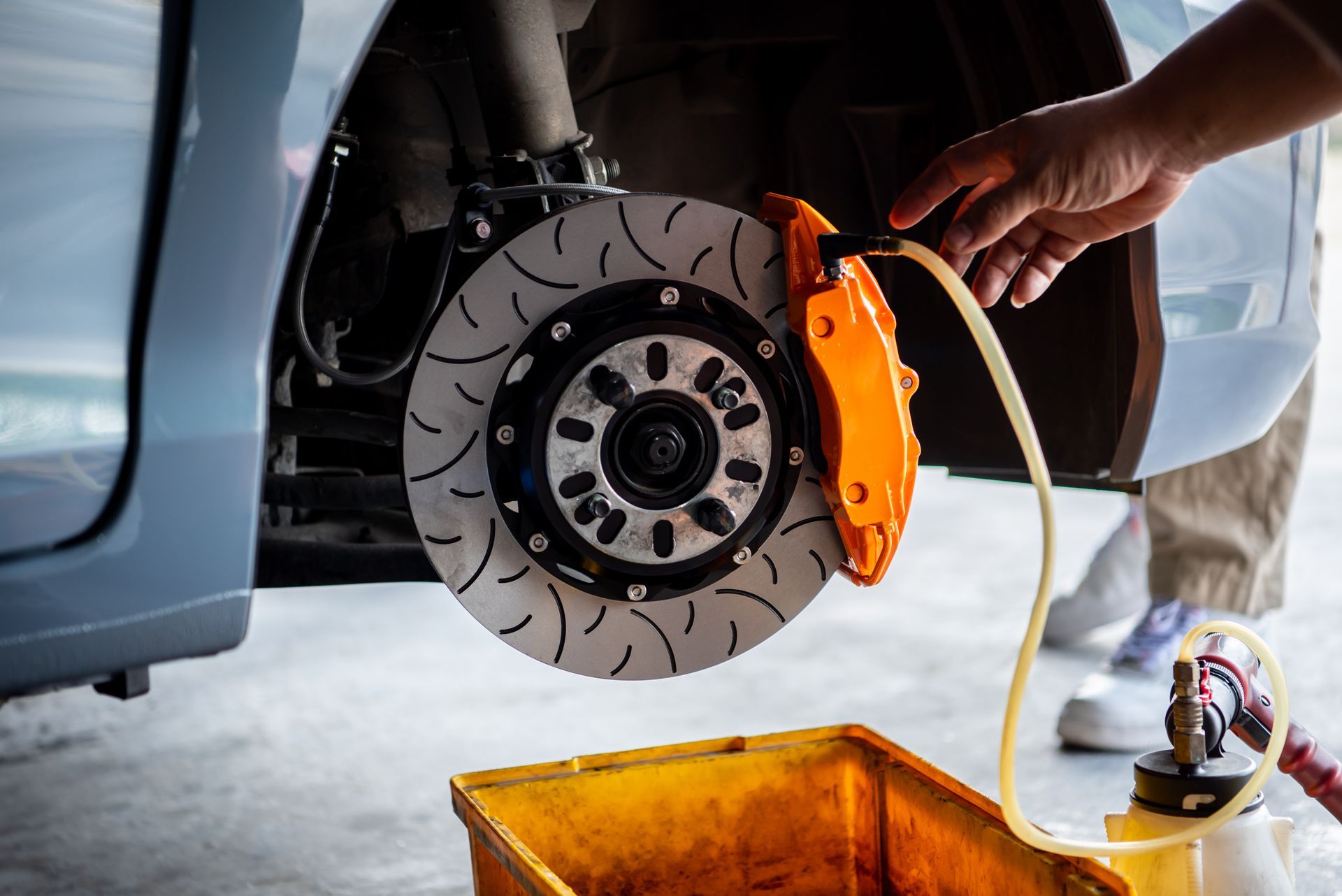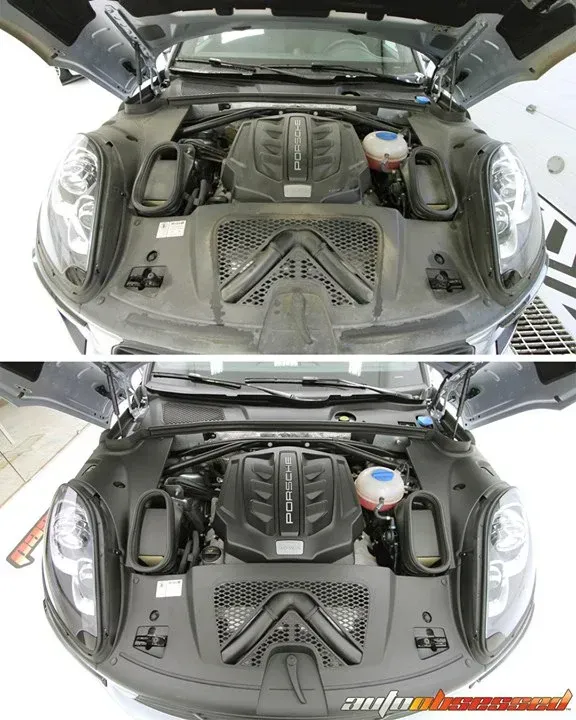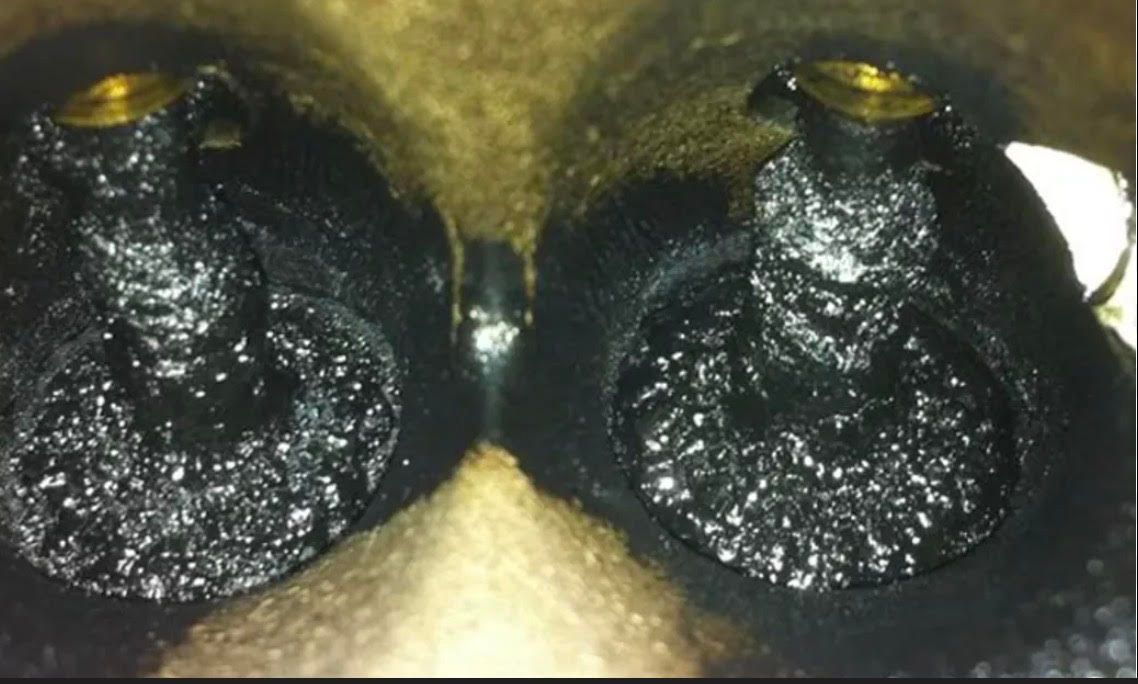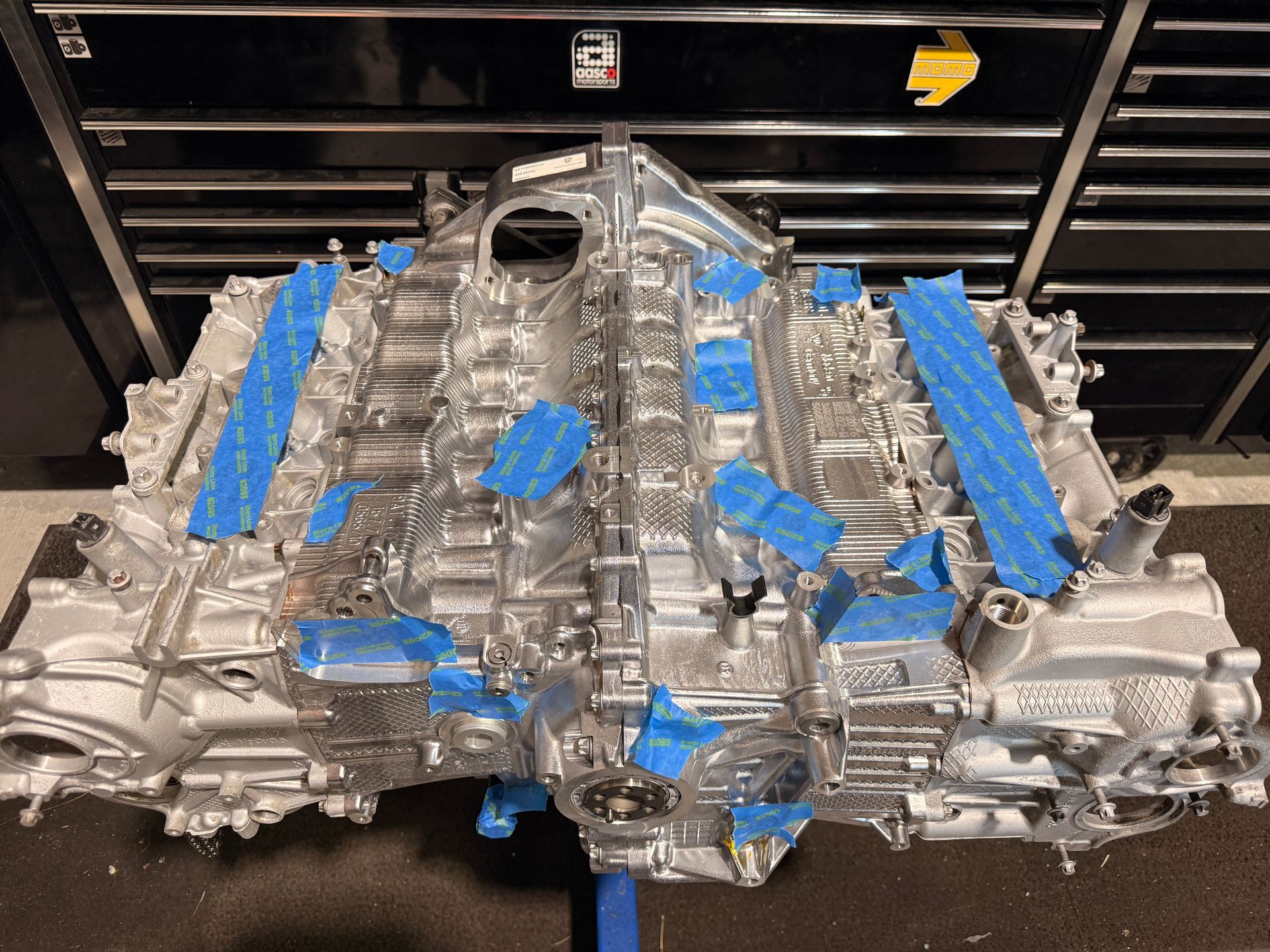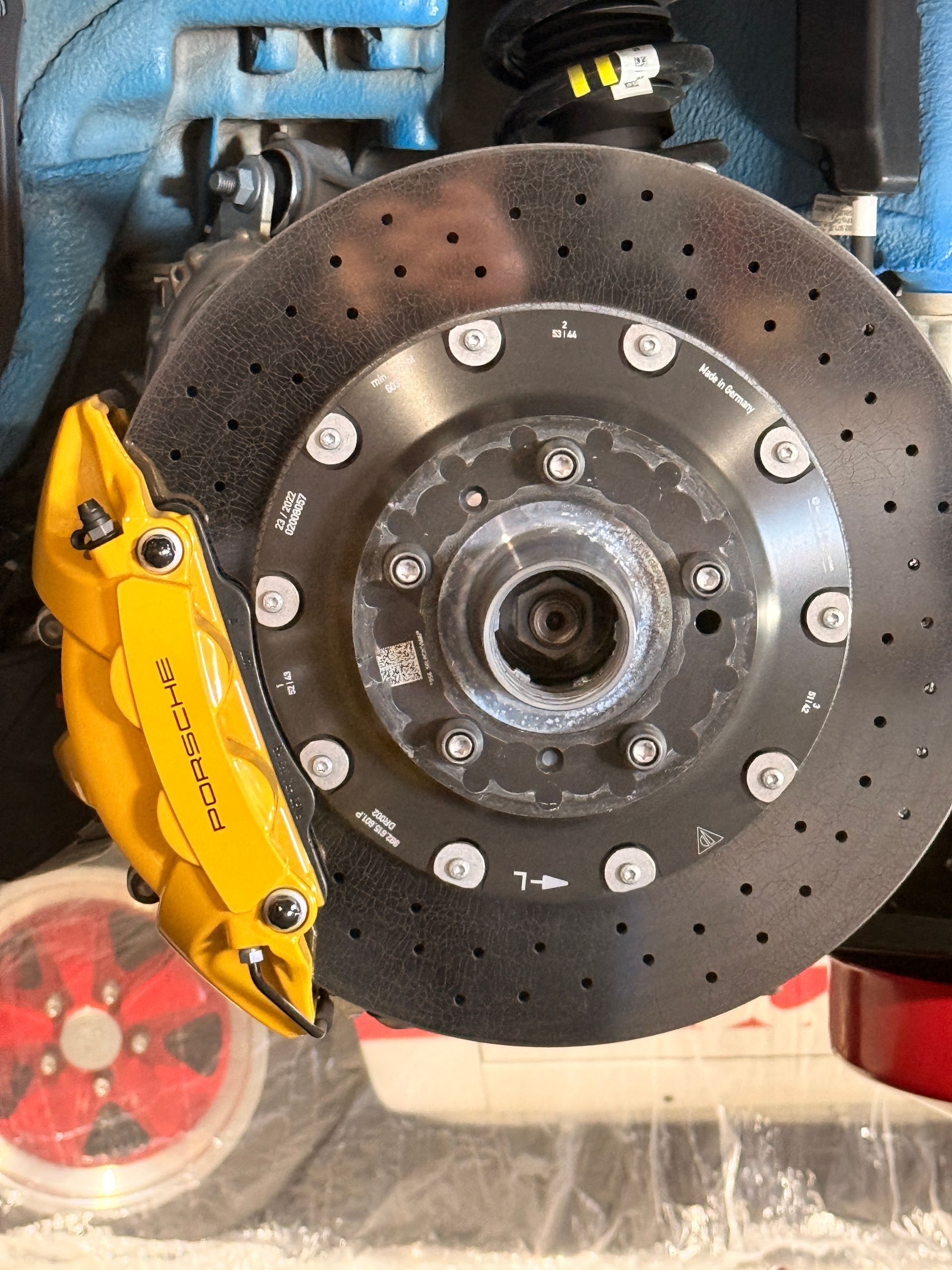Why Does My Car Shake When I Brake?
Why Does My Car Shake When I Brake?
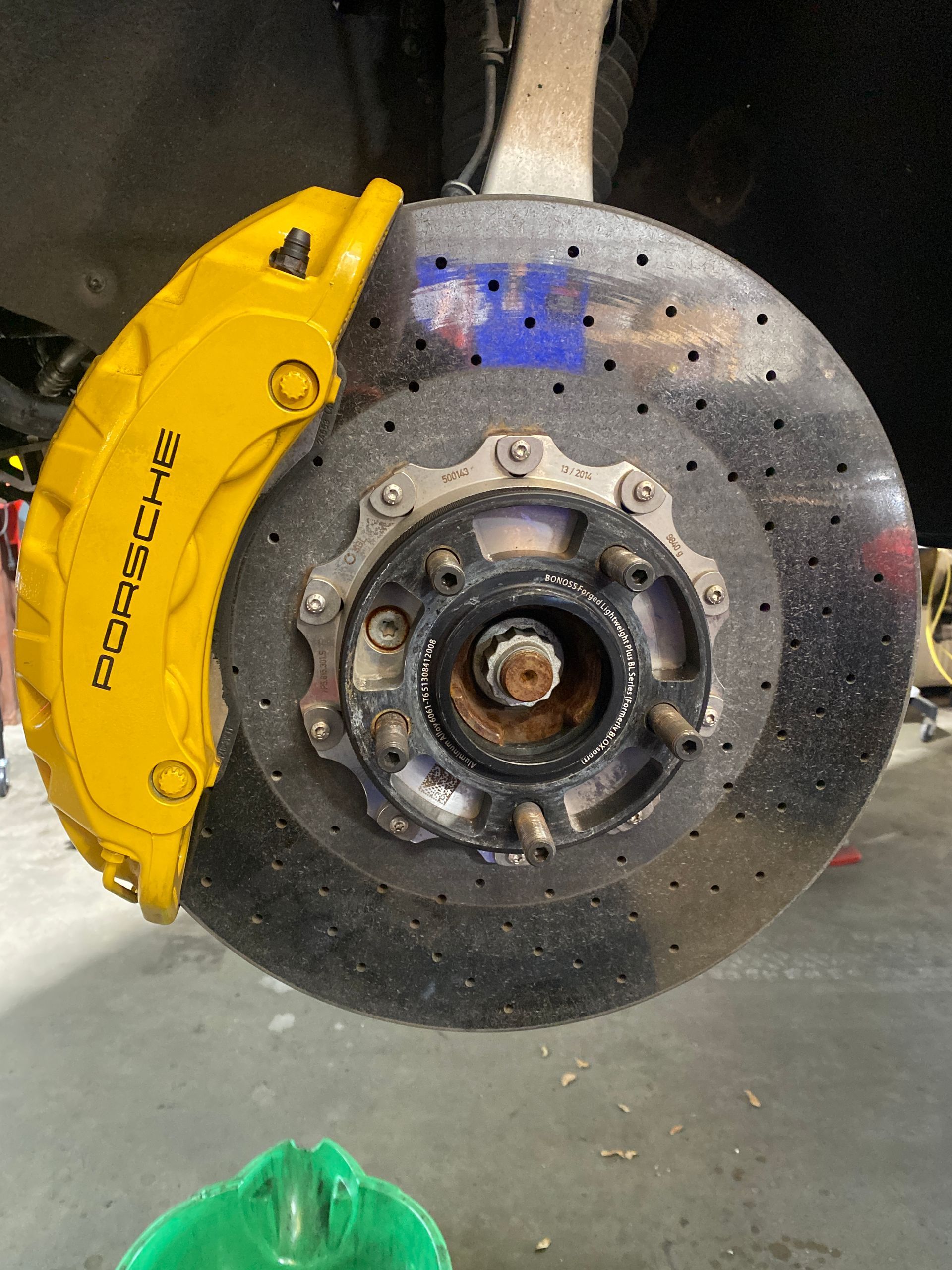
Few things are more unnerving than feeling your steering wheel or brake pedal vibrate when you press the brakes. Whether you drive a high-performance Porsche or your daily commuter, a shaking sensation under braking is never normal — and it’s often a sign that something in your braking system or suspension needs attention.
At Velocity Motorwerks, we see this issue often, and the causes can range from minor wear to serious mechanical concerns. Let’s take a closer look at what’s happening and why it’s important to address it right away.
1. Warped or Uneven Brake Rotors
This is one of the most common reasons your car shakes when braking. Brake rotors are the flat, round discs your brake pads clamp onto to slow the car. Over time, heat and friction can cause the rotors to warp or wear unevenly.
When this happens, every rotation of the wheel applies uneven pressure, leading to that pulsing or vibrating feeling through the steering wheel or brake pedal. Performance cars like Porsches are especially sensitive to this due to their high braking forces.
Solution: Resurfacing or replacing the rotors usually solves the issue. At Velocity Motorwerks, we measure rotor thickness and runout precisely to ensure your braking surfaces are perfectly true.
2. Worn Brake Pads
Brake pads that are unevenly worn, glazed, or contaminated with oil or debris can also cause shaking or noise during braking. If pads wear down unevenly, they’ll grip the rotor inconsistently, producing vibrations.
Solution: Replacing your brake pads with high-quality OEM or performance-grade parts ensures even wear and optimal stopping power. We always recommend inspecting both pads and rotors together for best results.
3. Suspension or Steering Issues
If the vibration occurs mainly through the steering wheel, the problem might extend beyond the brakes. Worn suspension components — like control arm bushings, tie rods, or ball joints — can amplify vibration under braking.
Solution: A professional inspection can identify worn parts before they cause further damage or affect alignment. Keeping your suspension in top condition ensures smooth, precise braking response.
4. Wheel Alignment or Tire Problems
Out-of-balance tires, bent rims, or alignment issues can mimic brake-related vibrations. When these factors combine with braking, the shaking can worsen, especially at higher speeds.
Solution: Balancing and alignment checks can eliminate these issues quickly. At Velocity Motorwerks, we use advanced alignment systems designed for precision performance vehicles like Porsche.
5. Heat-Related Brake Issues
Aggressive driving, track use, or frequent hard braking can lead to brake fade or uneven heat distribution across the braking system. This can temporarily cause vibration or even lead to warped rotors over time.
Solution: Using high-performance brake pads and proper cooling systems can help manage heat. Our team can recommend brake upgrades suited to your driving style.
Why You Shouldn’t Ignore Brake Vibrations
Shaking while braking is your car’s way of telling you something’s wrong. Ignoring it can lead to:
- Reduced braking performance
- Uneven tire wear
- Damage to rotors, pads, and suspension components
- Higher repair costs down the road
Trust Velocity Motorwerks with Your Braking System
At Velocity Motorwerks, we specialize in diagnosing and repairing complex braking systems — from standard steel rotors to advanced Porsche Carbon Ceramic Brakes (PCCB). Our experienced technicians use precision equipment to ensure your brakes perform exactly as Porsche engineered them to.
If your car shakes when you brake, don’t wait. Schedule a brake inspection today and let us keep your vehicle running safe, smooth, and performance-ready.
Velocity Motorwerks
Precision. Performance. Perfection.

